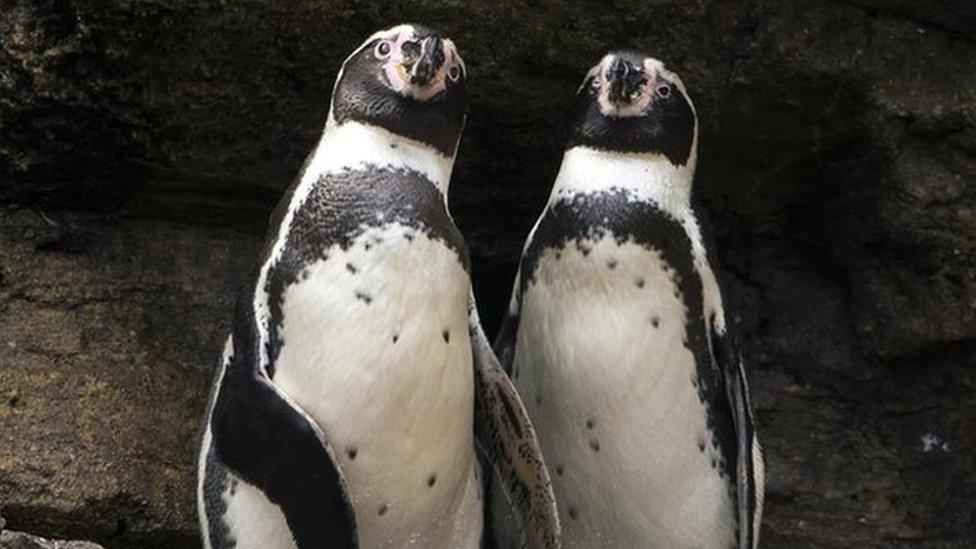Bird flu: Calls for government vaccine as lockdown lifts
- Published
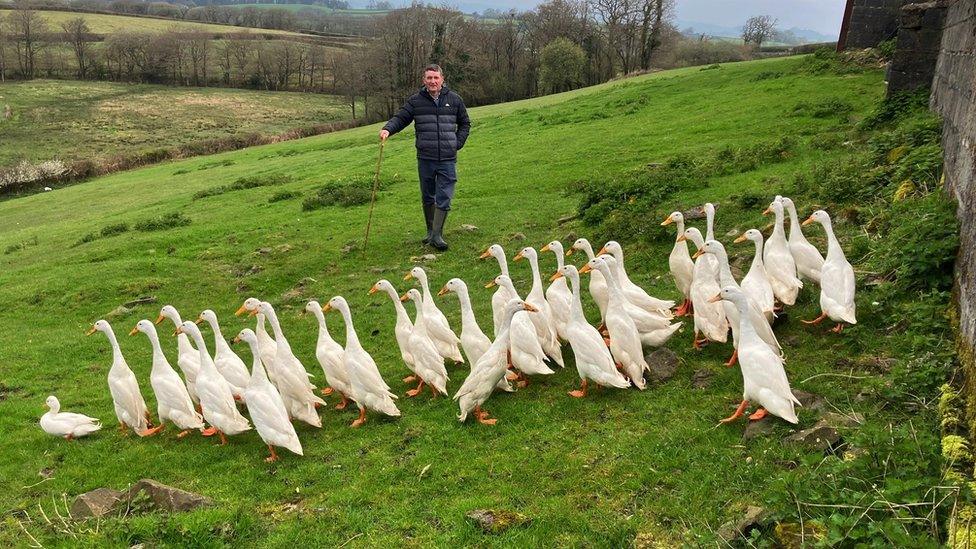
As well as birds, some wild mammals - such as seals, otters, wild dogs and foxes - have caught the disease
Poultry keepers say the Welsh government should make a bird flu vaccine available to avoid future outbreaks.
This year has seen the world's largest ever bird flu outbreak, and some feel more preventative action could be taken.
A vaccine is already used in some countries outside of Europe.
But the government said the best protection is through hygiene and biosecurity measures.
Bird flu is an infectious disease of poultry and wild birds that has been around for a century. It usually flares up in autumn before fading away in spring and summer.
Since October 2022, Wales has seen six confirmed cases of avian influenza.
Last Thursday, the most recent case of bird flu was confirmed at a premises near Newtown, Powys.
Poultry had been kept indoors since 2 December to protect them from the disease.
Birds are now permitted outside across Wales, with the exception of a 1.8 mile (3km) restriction area near Newtown.
Poultry keepers will only release birds for an hour at a time to allow them to adapt to daylight after such a long time indoors.
Vaccination is considered a controversial solution as there isn't sufficient evidence that countries which have introduced the vaccine have managed to control the virus.
The National Farmers' Union (NFU) in Wales claim vaccination has some positive effects but say it does not solve all problems.
Ioan Humphreys, who has 32,000 birds on his farm in Newtown unrelated to the latest confirmed case, said he is "worried" about the lifting of the housing rule.

Ioan Humphreys has 32,000 hens near Newtown, Powys
He said: "I'd like to see the hens go out but I'm also very worried about the most recent bird flu case as it is so close to home.
"Insurance is hard to come by now because there has been such a horrendous cases of bird flu over this past year. So it is a worry, but it's a free range shed, and the birds do like going outside."
Mr Humphreys said he is expecting another housing order to be reintroduced this year, as he believes the bird flu problem isn't being resolved.
"I think the Welsh government could do more. We can't control wild birds, [but] what we could control is our captive birds and maybe looking at a vaccine," he said.
But he added it would require "a lot of money" and "a lot of research" to make sure the vaccine is "correct and effective".
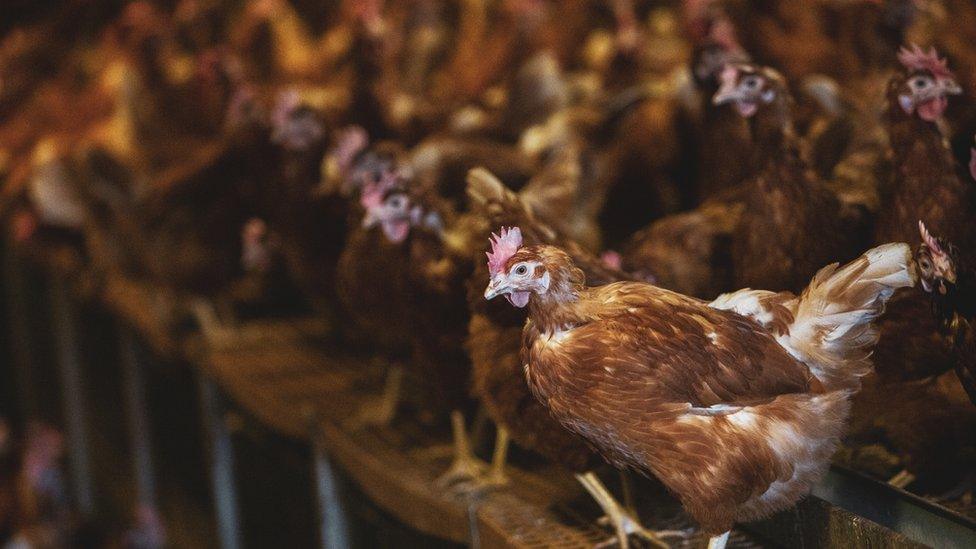
The H5N1 virus, which is the most prevalent strain now, was first reported in China in 1996
Farmer Meirion Owen, who uses sheepdogs to herd ducks - known as the "Quack Pack" - said travelling to demonstrations and competitions with his ducks is still not permitted.
"We've still got to be very, very careful. Bird flu seems to have been an issue for several years, but only for a month or two," he said.
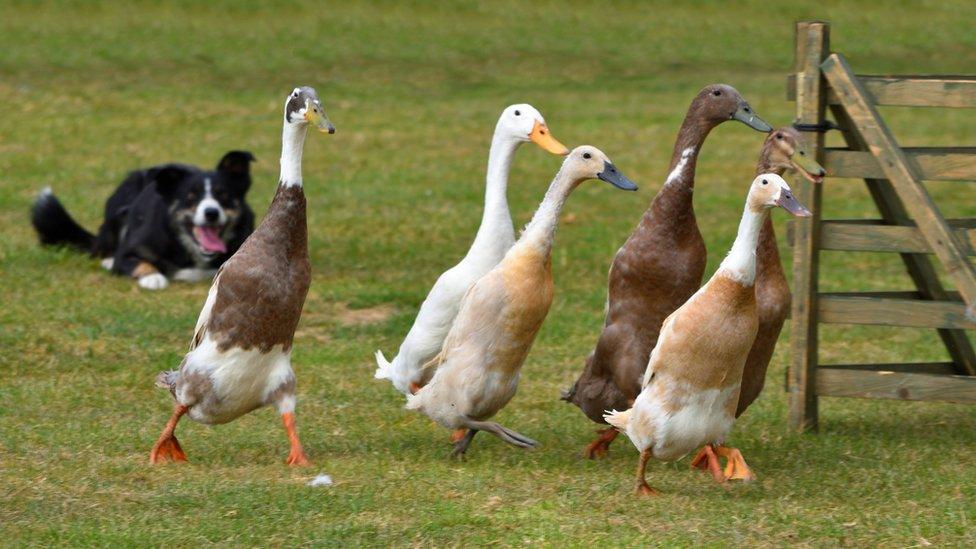
The World Organisation for Animal Health (WOAH) has recorded almost 42 million individual cases in domestic and wild birds since the outbreak began in October 2021
"Other countries can give the birds an injection, keeps the bird flu away and perhaps it's an option that we need to investigate more. We need more information given to us as poultry keepers."
Wales' chief veterinary officer, Dr Richard Irvine, said he didn't out rule the possibility of a vaccine in the future, but that other measures are currently more successful.
He said: "We are working with our counterparts in Defra and the Scottish government, and also working with the veterinary medicines directorate to monitor the availability of vaccines for avian influenza, and working closely with counterparts internationally to keep a close eye on the situation as it develops.
"One of the fundamentals with vaccines is they need to be protective and effective. However, overall, we must remember that the best way to keep avian influenza out from your birds is through scrupulous hygiene and biosecurity measures."
- Published11 April 2023
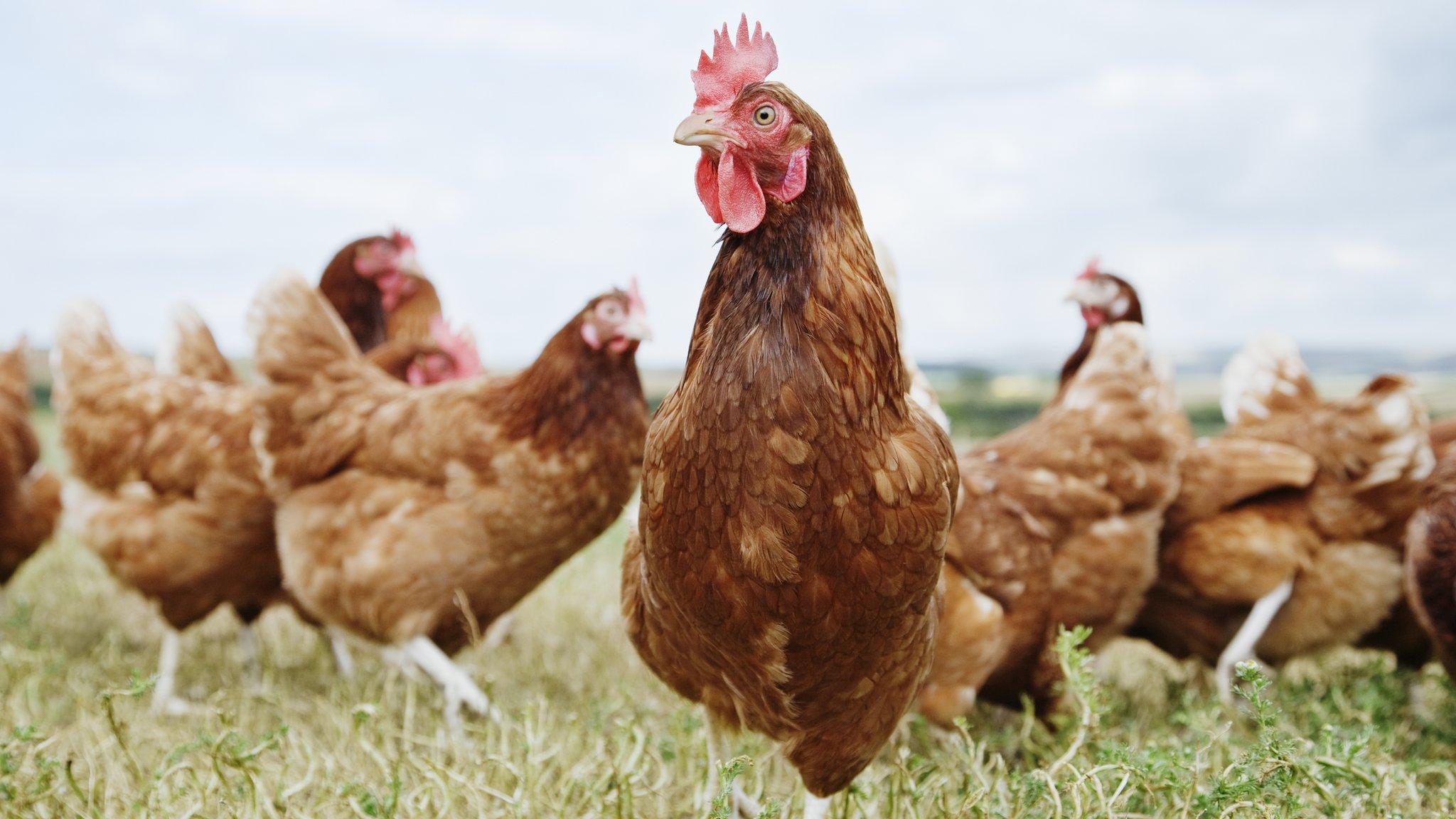
- Published18 June 2024
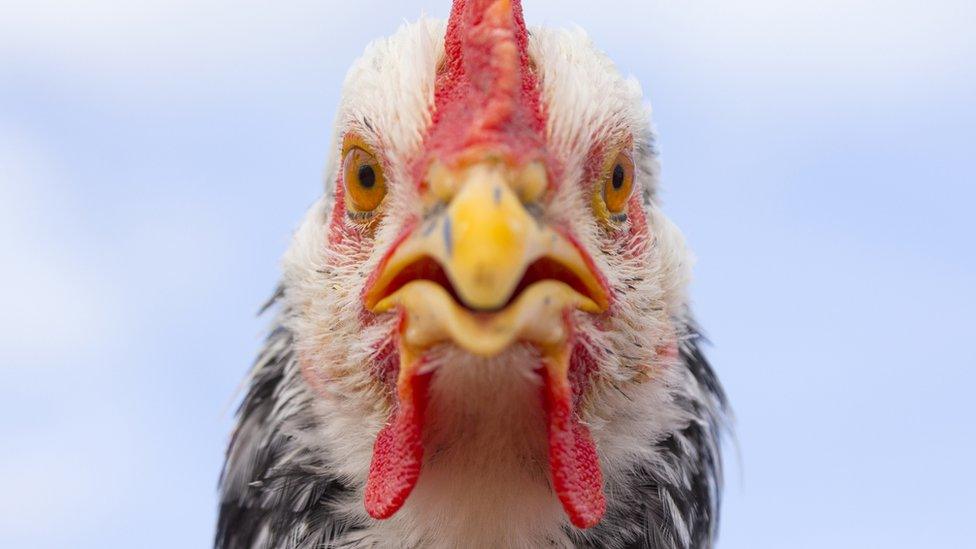
- Published2 February 2023
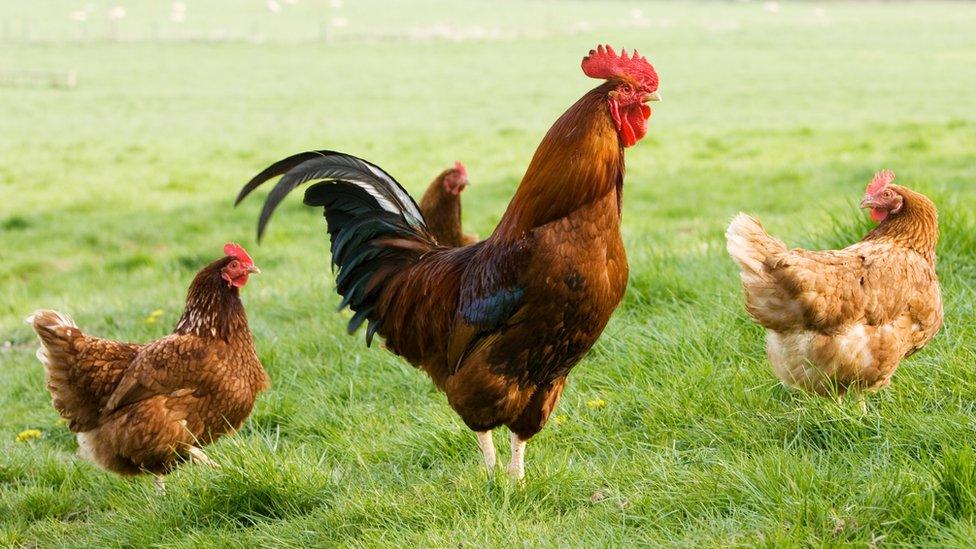
- Published8 January 2023
